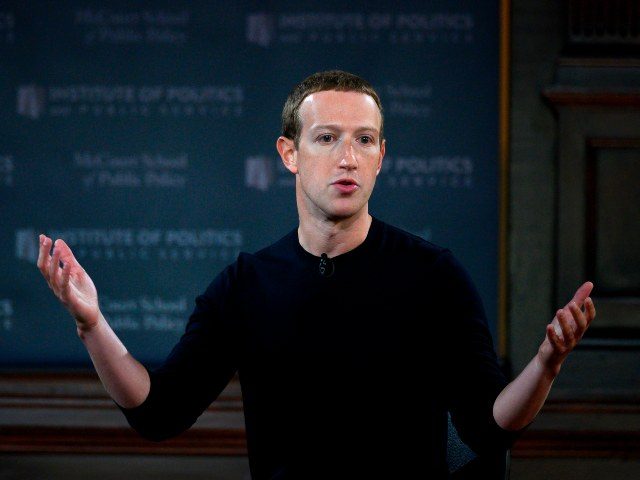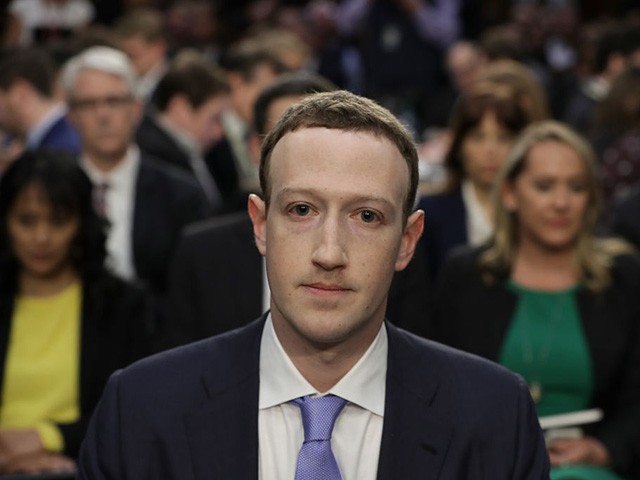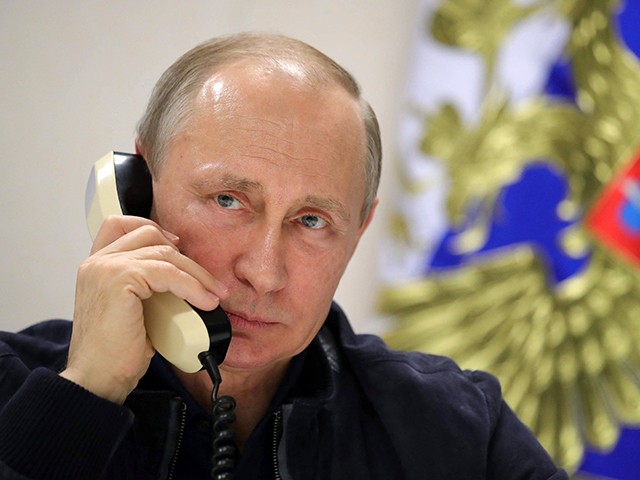The New York Times recently outlined how the war in Ukraine put a strain on Facebook’s internal moderation teams which were left in utter chaos by confusing and conflicting rules about what content was permitted on the platform.
The New York Times reports in an article titled “How War in Ukraine Roiled Facebook and Instagram,” that the war in Ukraine caused internal turmoil at Facebook (now known as Meta) due to confusion over the type of content that was allowed on Facebook and Instagram.
Facebook reportedly suspended some quality controls that ensure posts from users in countries like Russia and Ukraine meet its rules. The company temporarily stopped tracking whether its workers were accurately enforcing its content guidelines, according to sources with knowledge of the matter.
The suspension in enforcement was reportedly due to the workers being unable to keep up with the constantly changing rules about what sort of posts about the war in Ukraine were allowed across the platforms. Since Russia invaded Ukraine last month, Facebook has reportedly made more than half a dozen content policy revisions.
Facebook has allowed a number of posts about the conflict that would usually violate the platform’s terms of service, including calls for the death of President Vladamir Putin of Russia. This has resulted in internal confusion among content moderators. Mark Zuckerberg eventually walked back allowing for calls for violence against Putin, although users were still free to call for the death of Russians.
The New York Times writes:
Meta has weathered international strife before — including the genocide of a Muslim minority in Myanmar last decade and skirmishes between India and Pakistan — with varying degrees of success. Now the largest conflict on the European continent since World War II has become a litmus test of whether the company has learned to police its platforms during major global crises — and so far, it appears to remain a work in progress.
“All the ingredients of the Russia-Ukraine conflict have been around for a long time: the calls for violence, the disinformation, the propaganda from state media,” said David Kaye, a law professor at the University of California, Irvine, and a former special rapporteur to the United Nations. “What I find mystifying was that they didn’t have a game plan to deal with it.”
Dani Lever, a Meta spokeswoman, declined to directly address how the company was handling content decisions and employee concerns during the war.
Read more at the New York Times here.
Lucas Nolan is a reporter for Breitbart News covering issues of free speech and online censorship. Follow him on Twitter @LucasNolan or contact via secure email at the address lucasnolan@protonmail.com



COMMENTS
Please let us know if you're having issues with commenting.